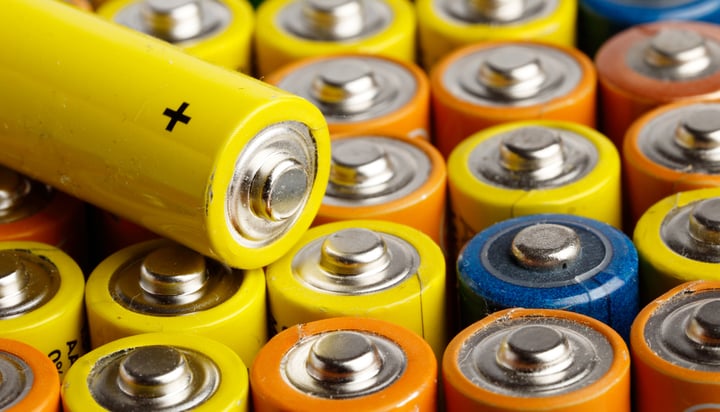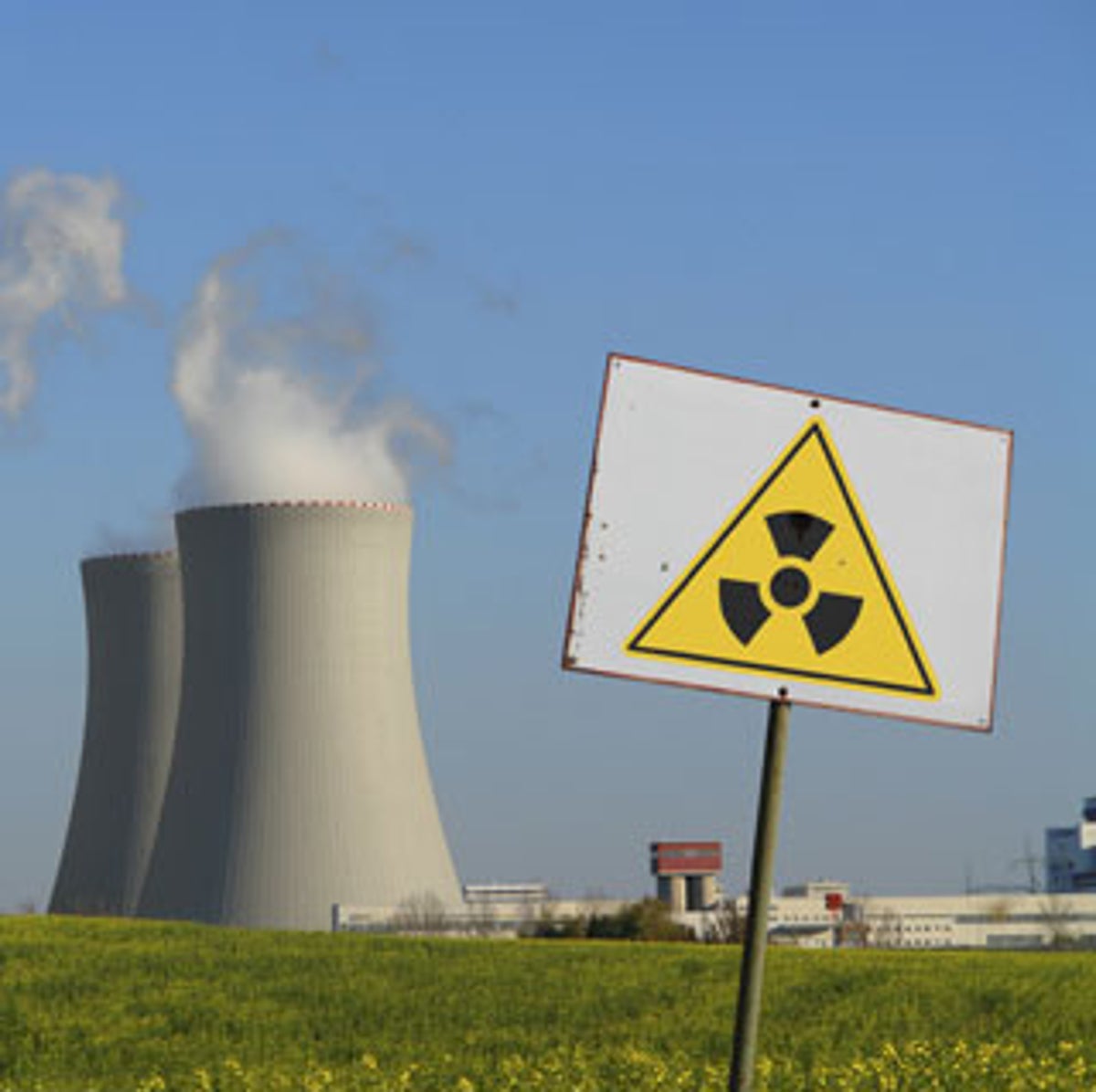I’ve read that it takes 4x more alcohol then gasoline, so as they bump up ethanol you are being leaned out effectively?
Sent from my iPhone using Tapatalk
Sent from my iPhone using Tapatalk
Not four times but yes. Gasoline stoichiometric ratio is 14.7:1. Ethanol is 9:1. You need about 50% more fuel flow if you switch to straight ethanol.I’ve read that it takes 4x more alcohol then gasoline, so as they bump up ethanol you are being leaned out effectively?
Sent from my iPhone using Tapatalk
ok I will check my sources of disinformation (is it russian ? ) but im not sure what disinformation you are accusing me of with an eye roll. lol.boyo - check your sources sometimeTry not to spread nonsense
If you are in Ontario gas fired turbines are rarely every used - only on a very hot day as they are a backup.
So for all intents and purposes, an EV in Ontario is carbon neutral.
Nuclear is carbon neutral and Canadian reactors very safe....there has been one running in Hamilton suburb near McMaster since the 50s ...go see it - walk over the nuclear reaction.
View attachment 57269?
The problem with nukes is cost.
Or you can continue to swallow Russian propaganda
And the significant environmental cost of extracting and refining the uranium. And of course the ever increasing volumes of incredibly toxic waste that we have no good way of dealing with.The problem with nukes is cost.
Methanol is 6.5:1 ratio. Now, that may be the answer to my question. Because you need to dump in a lot more alcohol than gas, the heat required to vaporize it is far higher (more due to flowrate than different heat required to vapourize a unit of fuel). That ups charge density which increases hp.Some old (1948) data from my files which may clear up the issue of conventional gasoline compared to alcohol as a motorcycle engine fuel.
A "long-stroke" Norton Manx 490cc single engine of that era on gasoline would develop about 29 bhp at 4,500 rpm and 34.5 bhp at 6,000 rpm and running a 7.5/1 compression ratio.
On methanol as a fuel and therefore able to use a 14/1 compression ratio, the developed horsepower was 35 bhp at 4,500 rpm and 43 bhp at 6000 rpm.
AFJ
Turbos help some with that. Still some compromise but far less than on a NA engine. Lots of people running E85 on the weekends at the track and reflash to happily run hi test during the week. Drop a few hundred hp but range per tank on E85 sucks.That aside, alcohol is a good fuel for engines that have been designed for it (high compression)...but then they can't run on petrol any more. Flex fuel engines are compromised to be able to run on both.
I agree with you regarding ethanol production, but there's a really long list of agricultural programs/subsidies in the US aside from ethanol, and to be fair in every country with an ag industry.Back in 2012 I wrote my undergrad thesis examining the merits of American ethanol production from an environmental policy point of view. In summary, corn-based ethanol only makes sense as an agricultural subsidy policy, not as an environmental policy.
The energy balance was a net negative (this was 12 years ago, things may have changed) and it was an environmental disaster (this has not changed) with no meaningful reduction in GHG emissions over conventional petroleum fuels (life cycle analyses back then varied from about 10% more GHGs to about 10% less GHGs for ethanol, depending on the factors taken into consideration).
And yes, beware the corn lobby. American agri-business would pretty much go bankrupt without ethanol, so they very willing to play dirty to keep the cash flowing.
There is enough extractable power sitting in cooling ponds to run the planet for 400 years,And the significant environmental cost of extracting and refining the uranium.
There are "volumes" of low level radioactive waste that are easily dealt withAnd of course the ever increasing volumes of incredibly toxic waste that we have no good way of dealing with.

 www.energylivenews.com
www.energylivenews.com


The body of water or cooling towers the generating station is next to removes a significant amount of thermal energy.I've been in the McMaster reactor. Really cool and you'll never forget that glow (pic doesn't do it justice). Doesn't make any electrical power, only used for experiments and production of medical isotopes (super profitable). I don't even think it makes any useful heat, it has cooling towers but I don't think they run often. Not really a fair comparison for safety compared to reactors creating hundreds of megawatts of power. That's like comparing a lawnmower engine to the house sized engine in a ship. They share some common ideas but that's about it. Different fuel, different control, different process, different vessel, different containment and on and on.
McMaster reactor has no turbines nor steam iirc. Just a core used to irradiate things. Tower is there in case cooling water temp climbs.The body of water or cooling towers the generating station is next to removes a significant amount of thermal energy.
Once the superheated steam leaves the High Pressure and then the LP turbines it needs to be moved further along so more steam can enter the turbine
The energy left in steam is now depleted and needs to be reheated.
Since steam cannot be pumped it must be condensed back to water so it can be pumped back to the boilers for reheating and back into superheated steam.
Here, lake water provides the coolant for the condensate and some thermal energy is lost to the lake.
It's all part of thermodynamics, converting steam energy into mechanical energy entails losses.
Nuclear power is insanely complicated method of producing electricity, but well worth it.
Since I can't sleep, my two cents.
You're right. I touched a nine volt battery to my tongue and alcohol was better.Alcohol is better than electricity when you put it in your mouth.
Did you let the smoke out?You're right. I touched a nine volt battery to my tongue and alcohol was better.

